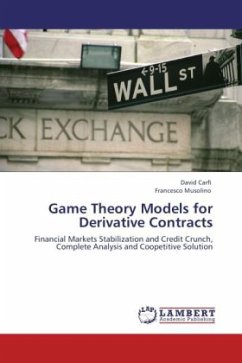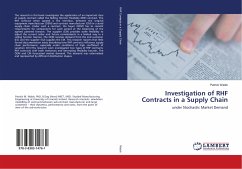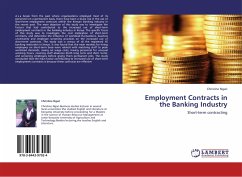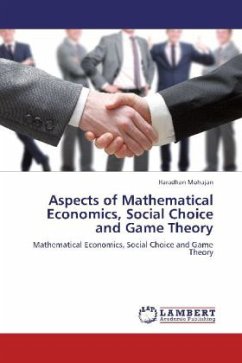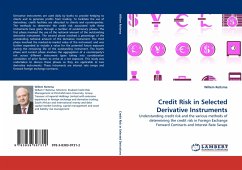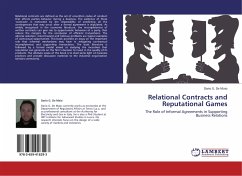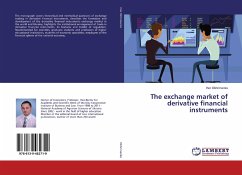In the last 30 years, derivatives have become increasingly important in the world of finance. Their frequent use has caused instability on financial markets, so as to leave ample opportunities for profit to speculators with large capitals. Just the sudden price fluctuations and the strong speculative pressures have exacerbated the present economic crisis. The current financial system is based on virtual money which does not confluence into the real economy, remaining stuck in the finance world ("credit crunch" phenomenon). So, it becomes appropriate to establish the "rules of the game", in order to redistribute the social wealth in a way at least close to the equity concept. Just this, as much as possible, we try to do in this work: we study a game theory model in which we see as a simple method (the application of a tax on speculative financial transactions) can cure a sick system, stabilizing the financial markets. The objective can be realized, as we shall see, without inhibiting the profit opportunity, nor for businesses nor for speculators. Also, in a second coopetitive game theory model, we propose a solution to the credit crunch, in order to allow a global economic recovery.
Bitte wählen Sie Ihr Anliegen aus.
Rechnungen
Retourenschein anfordern
Bestellstatus
Storno

